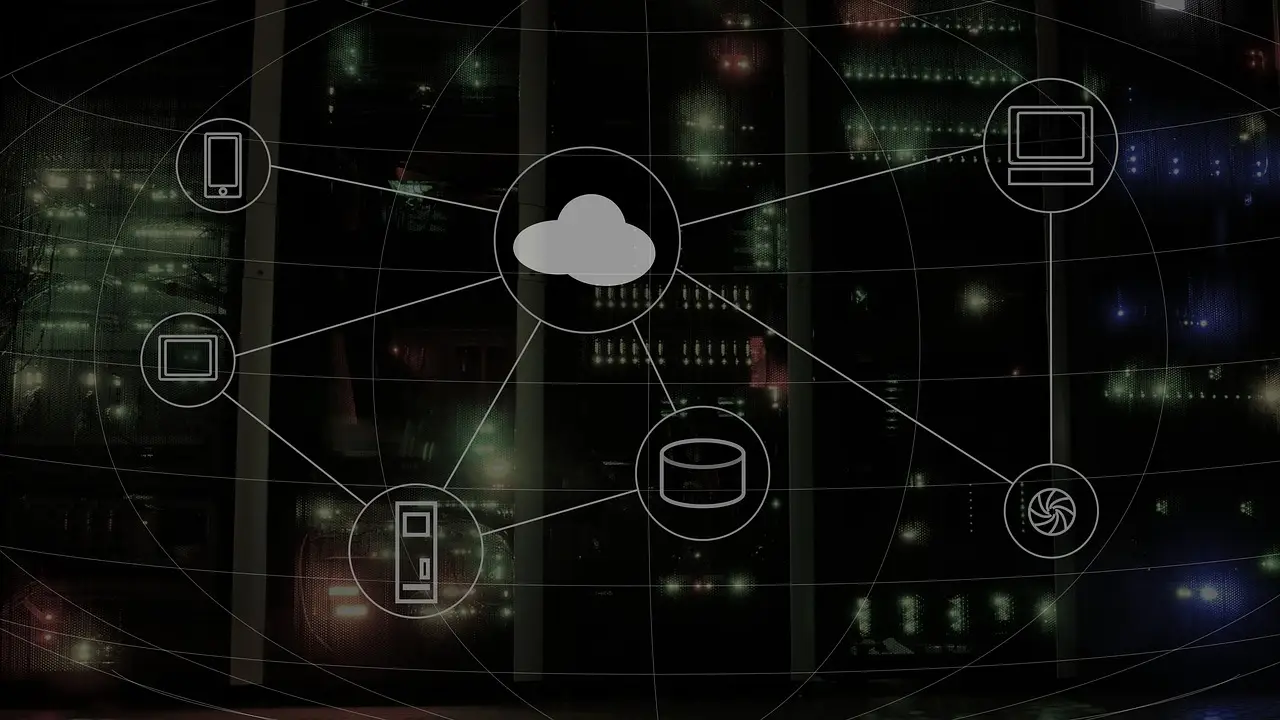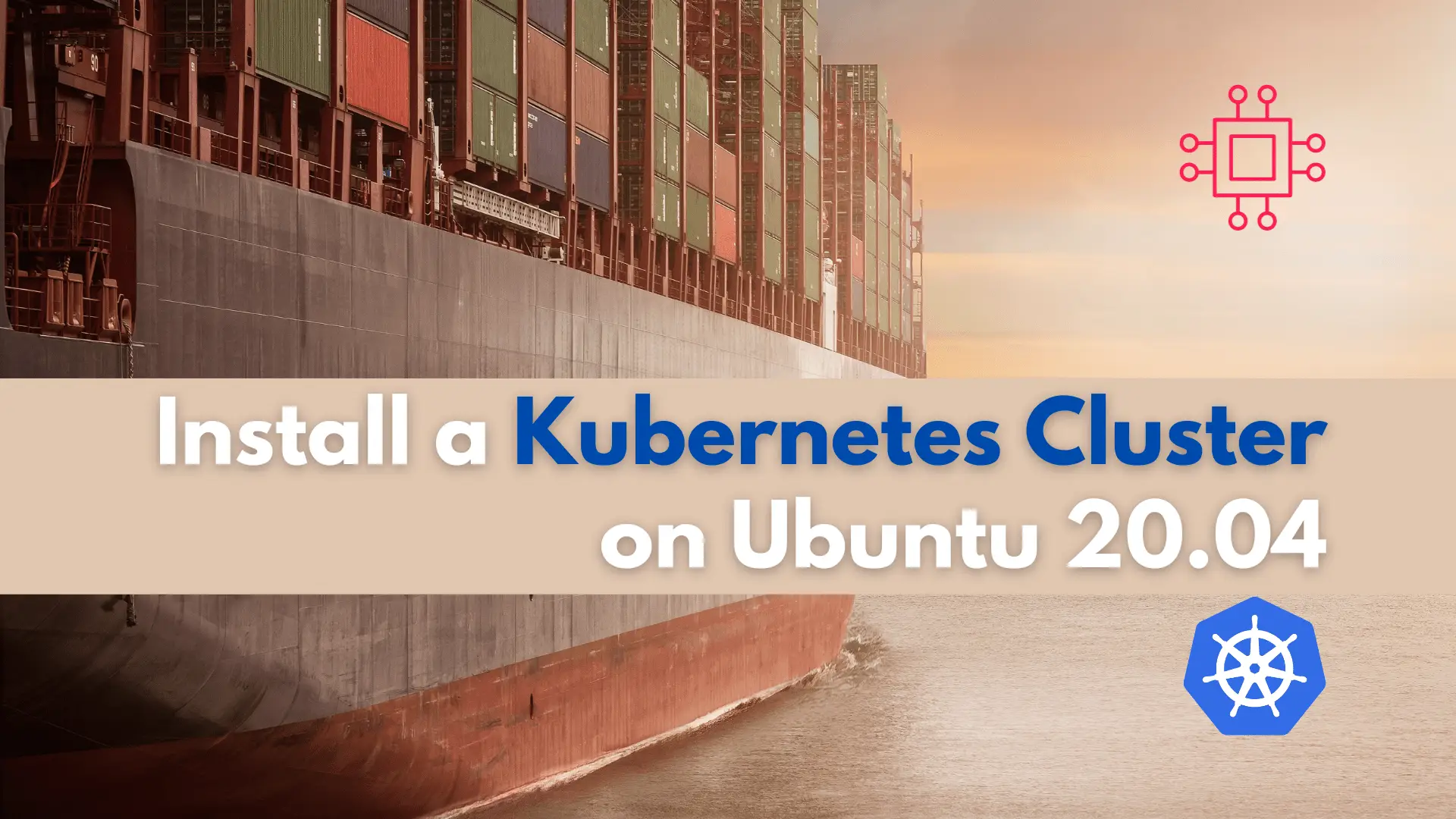
Discover how mastering the top 10 Linux tools for system administrators, including the powerful Bash and versatile Git, can help you efficiently manage networks, secure

Discover how Linux in Cloud Computing and DevOps is revolutionizing the way businesses manage their IT infrastructure, offering unparalleled scalability, customization, and security.
In recent years, there has been a significant shift in the way software development and IT operations are carried out. The traditional methods of deploying, testing, and releasing software have been replaced by agile and DevOps practices. In this new paradigm, the focus is on collaboration, automation, and continuous delivery. Cloud computing, on the other hand, has become the backbone of modern IT infrastructure. With cloud services, businesses can access scalable and on-demand resources without the need for heavy capital investment.
In this article, we will explore the role of Linux in cloud computing and DevOps. We will examine the reasons why Linux has become the operating system of choice for these technologies and how it has contributed to their growth. We will also discuss some of the key tools and technologies that are used in the Linux ecosystem for cloud computing and DevOps.

Photo by Wynn Pointaux from Pixabay
Linux has been around for over two decades and has established itself as a reliable and stable operating system. It is open-source, meaning that the source code is available for anyone to see and modify. This has led to a large community of developers who contribute to its development and maintenance. The open-source nature of Linux has also made it popular with businesses, as it is free to use and can be customized to suit their specific needs.
One of the key reasons why Linux has become the operating system of choice for cloud computing and DevOps is its scalability. Linux can run on a wide range of hardware, from small embedded devices to large server clusters. This makes it ideal for cloud computing, where scalability is a key requirement. In addition, Linux is highly customizable, allowing developers to configure it to suit their specific needs.
Another factor that has contributed to the popularity of Linux in cloud computing and DevOps is its security. Linux is known for its robust security features, including user permissions, firewalls, and encryption. This makes it ideal for use in cloud environments, where data security is paramount.
Linux has a wide range of tools and technologies that are used in cloud computing and DevOps. Some of the key tools and technologies include:
Docker is a containerization platform that allows developers to package applications and dependencies into lightweight containers. These containers can then be deployed and run on any infrastructure that supports Docker. Docker is widely used in cloud environments, as it allows for rapid deployment and scaling of applications.
Kubernetes is an open-source container orchestration platform that allows for the automated deployment, scaling, and management of containerized applications. Kubernetes is highly scalable and can be used to manage large clusters of containers.
Ansible is an open-source automation tool that allows for the automation of IT infrastructure. Ansible can be used to automate the deployment, configuration, and management of servers and applications. Ansible is highly scalable and can be used to manage large-scale infrastructure.
Jenkins is an open-source continuous integration and continuous delivery (CI/CD) tool. Jenkins can be used to automate the build, test, and deployment of applications. Jenkins is highly customizable and can be used to build complex pipelines.
Terraform is an open-source infrastructure as code (IaC) tool. Terraform can be used to define infrastructure resources in code, allowing for the automated deployment and management of infrastructure. Terraform is highly scalable and can be used to manage large-scale infrastructure.
Git is a version control system that allows for the management of source code. Git is widely used in DevOps environments, as it allows for the collaborative development of applications.
Linux has several benefits in cloud computing and DevOps. Some of these benefits include:
Linux offers high scalability and can run applications on large-scale infrastructure, making it ideal for cloud computing where scalability is a key requirement. Linux is versatile and can run on various hardware, from small embedded devices to large server clusters. This makes it an ideal choice for businesses looking to adopt cloud computing and DevOps practices that require scalability and flexibility.
One of Linux’s main strengths is its flexibility and customization options, which makes it an ideal operating system for DevOps environments where tailored solutions are often necessary. The high level of customization that Linux offers allows developers to configure it to suit their specific needs and requirements, enabling them to create and deploy applications with greater efficiency and speed. This ability to customize also makes it an attractive option for businesses that require a specialized operating system to manage their infrastructure and applications.
Linux is well known for its robust security features, which makes it an excellent choice for cloud environments where the protection of sensitive data is crucial. The advanced security protocols of Linux, such as sophisticated user permissions, advanced firewalls, and reliable encryption techniques, provide a secure foundation for cloud-based operations. With Linux’s enhanced security protocols, businesses can ensure that their cloud-based operations remain safe and secure from potential cyber threats and data breaches.
One of the key advantages of Linux is its open-source nature, which makes the source code available to all for viewing, modifying, and distribution. This collaborative effort has resulted in a large community of developers who contribute to the development and maintenance of Linux, leading to an operating system that is constantly evolving and improving. Being free to use and modify to suit specific requirements, Linux has gained significant popularity in the business community as a cost-effective and customizable option.
Linux’s high level of compatibility with various hardware and software components makes it an attractive option for cloud computing and DevOps environments. Its adaptability enables businesses to integrate Linux with their existing infrastructure and applications seamlessly. Additionally, with the increasing popularity of cloud computing and DevOps, Linux’s compatibility has become an essential factor for organizations looking to implement these technologies. The high level of compatibility also ensures that businesses can benefit from the latest advancements in cloud computing and DevOps without worrying about compatibility issues.
AWS is the market leader in cloud computing, offering a wide range of services, from compute and storage to machine learning and analytics. AWS has been using Linux as the primary operating system for its services for many years, and it provides a wide range of tools and technologies to help developers build and manage their applications using Linux in Cloud Computing and DevOps.
GCP is another major player in the cloud computing space, offering a wide range of services, including compute, storage, and machine learning. Google has a long history of using Linux, and it provides a range of tools and technologies to help developers build and manage their applications using Linux in Cloud Computing and DevOps.
Microsoft Azure is a cloud computing platform provided by Microsoft that offers a wide range of services, including compute, storage, and analytics. Microsoft has also been a long-time supporter of Linux in Cloud Computing and DevOps and has developed a range of tools and technologies to help developers build and manage their applications using Linux in Cloud Computing and DevOps.
Other cloud providers, such as IBM Cloud and Oracle Cloud, also heavily rely on Linux in Cloud Computing and DevOps, as it is the operating system of choice for most cloud-based applications and services.
Linux has become the operating system of choice for cloud computing and DevOps. Its scalability, customization, security, open-source nature, and compatibility with a wide range of software and hardware make it ideal for these technologies. Linux has a wide range of tools and technologies that are used in cloud computing and DevOps, including Docker, Kubernetes, Ansible, Jenkins, Terraform, and Git. With the continued growth of cloud computing and DevOps, Linux is likely to remain a critical component of modern IT infrastructure for years to come.
If you found this article helpful, please let us know by leaving a comment below. We would greatly appreciate your feedback!
Related Posts

Discover how mastering the top 10 Linux tools for system administrators, including the powerful Bash and versatile Git, can help you efficiently manage networks, secure

In today’s article, we will review the step-by-step process involved with a Kubernetes cluster install on Ubuntu server version 20.04. However, this procedure will work

In this article, we will review the top 10 most commonly used Git commands. You can’t call yourself a competent DevOps Engineer or IT professional
